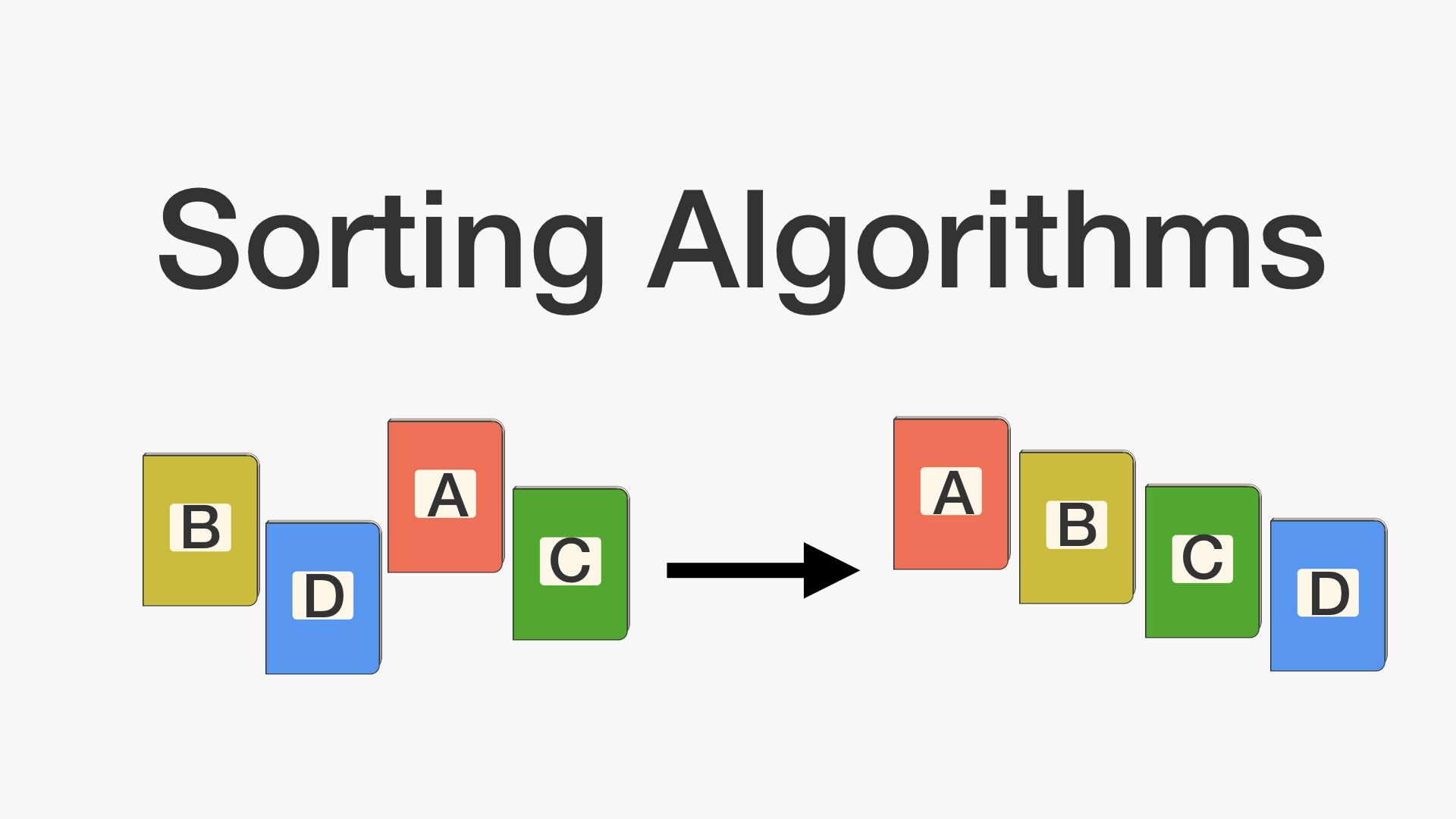Sorting Algorithm is a type of computer program that is responsible for organizing a list of items into a particular order. Sorting algorithms are commonly used in software applications such as databases, operating systems, and search engines.
The most common sorting algorithms are quick sort, merge sort, and bubble sort. Quick sort and merge sort are considered advanced sorting algorithms. Quick sort is a divide-and-conquer algorithm that executes in linear time, while merge sort is a recursive algorithm that typically runs in n*log(n) time. Bubble sort is the simplest sorting algorithm that compares two adjacent elements and swaps their positions if they are not in the correct order. Bubble sort almost always runs in O(n2) time.
In addition to these most common sorting algorithms, there are many specialized algorithms, such as heap sort, radix sort, bucket sort, and counting sort. Specialized sorting algorithms are designed for specific types of data structures and have efficient implementations with respect to the type of collection they sort.
It is important to note that no sorting algorithm is the best solution for every problem. Different sorting algorithms excel in different scenarios and choosing the right algorithm is essential to creating efficient and effective software applications.





